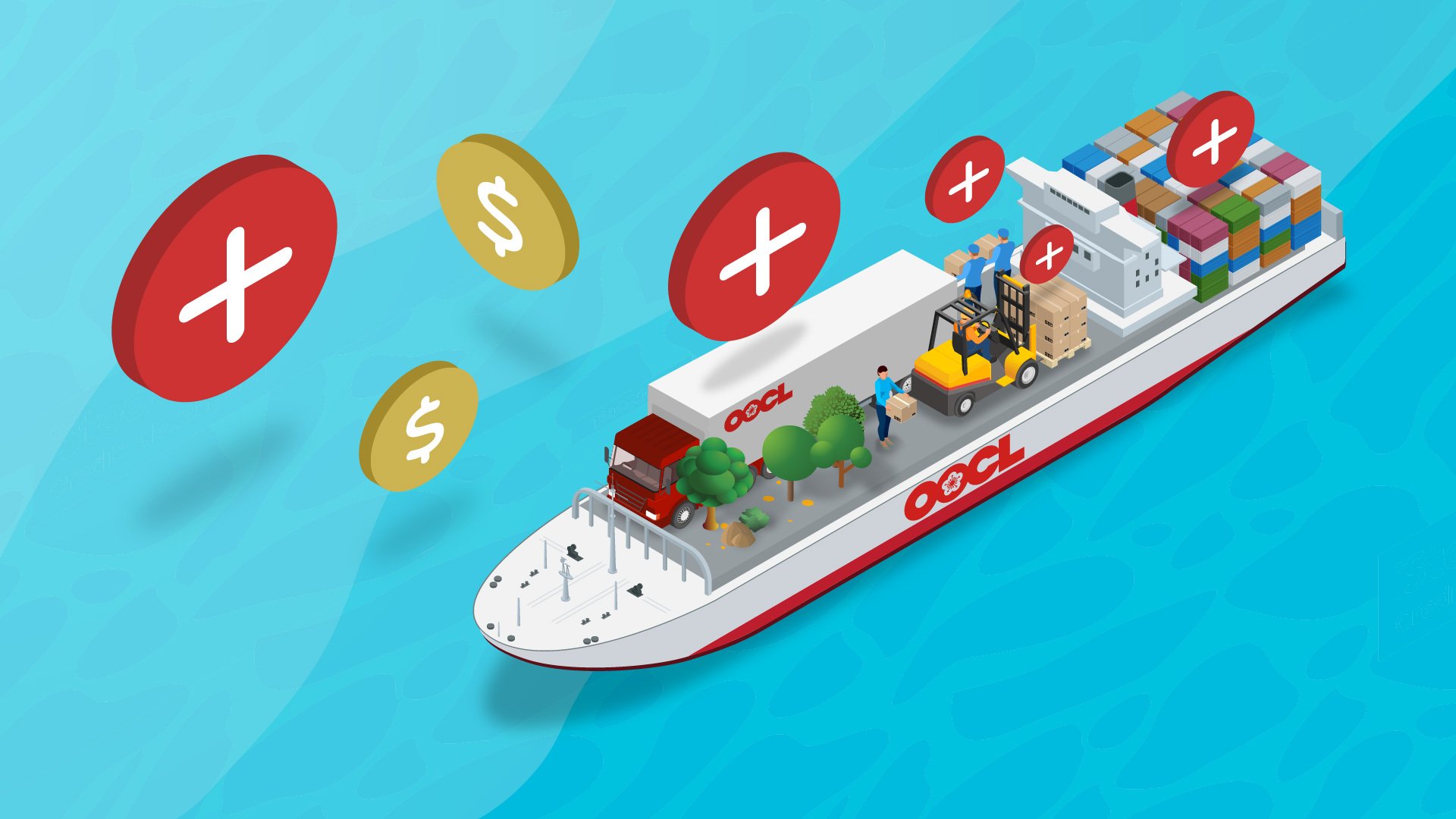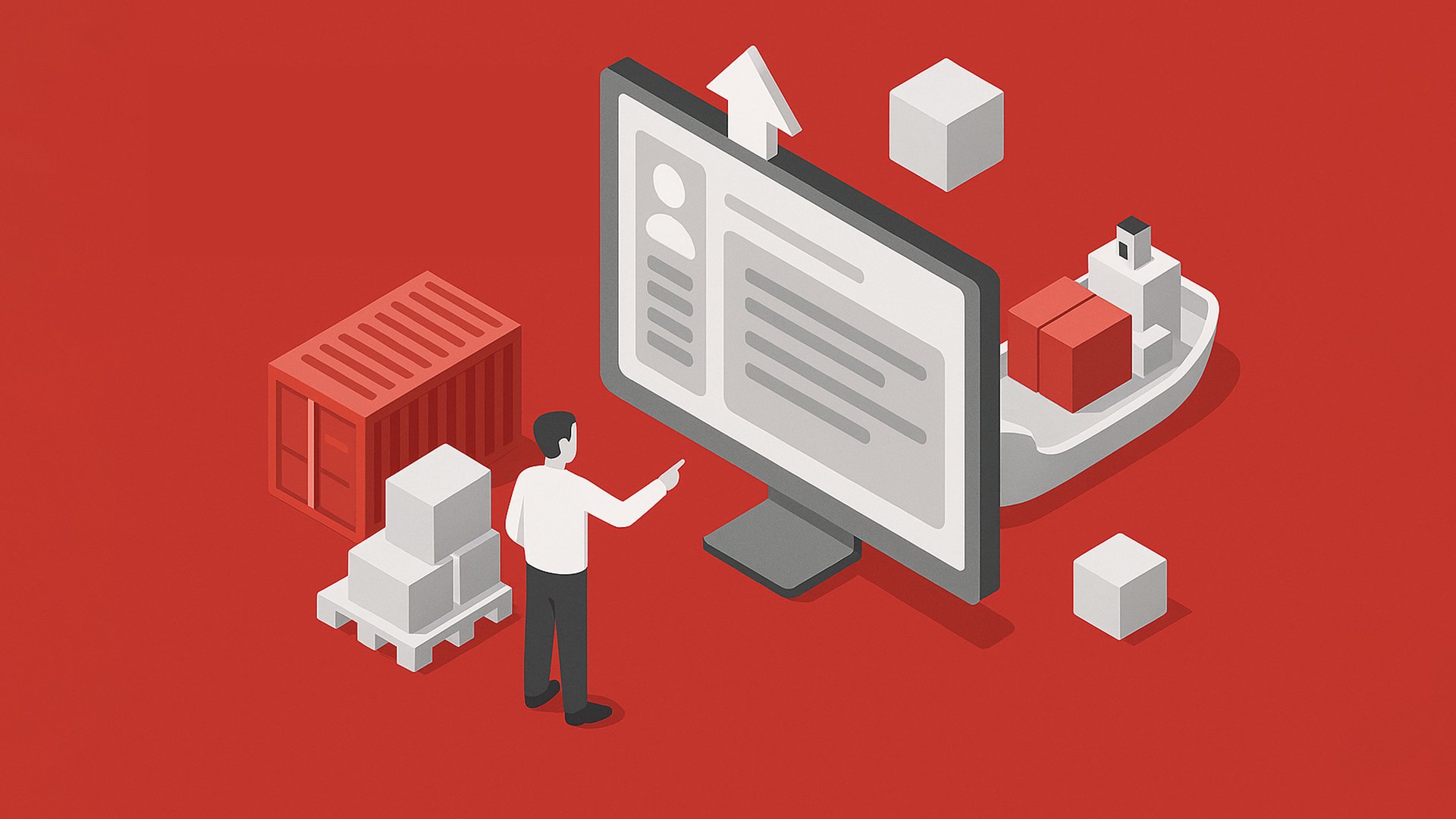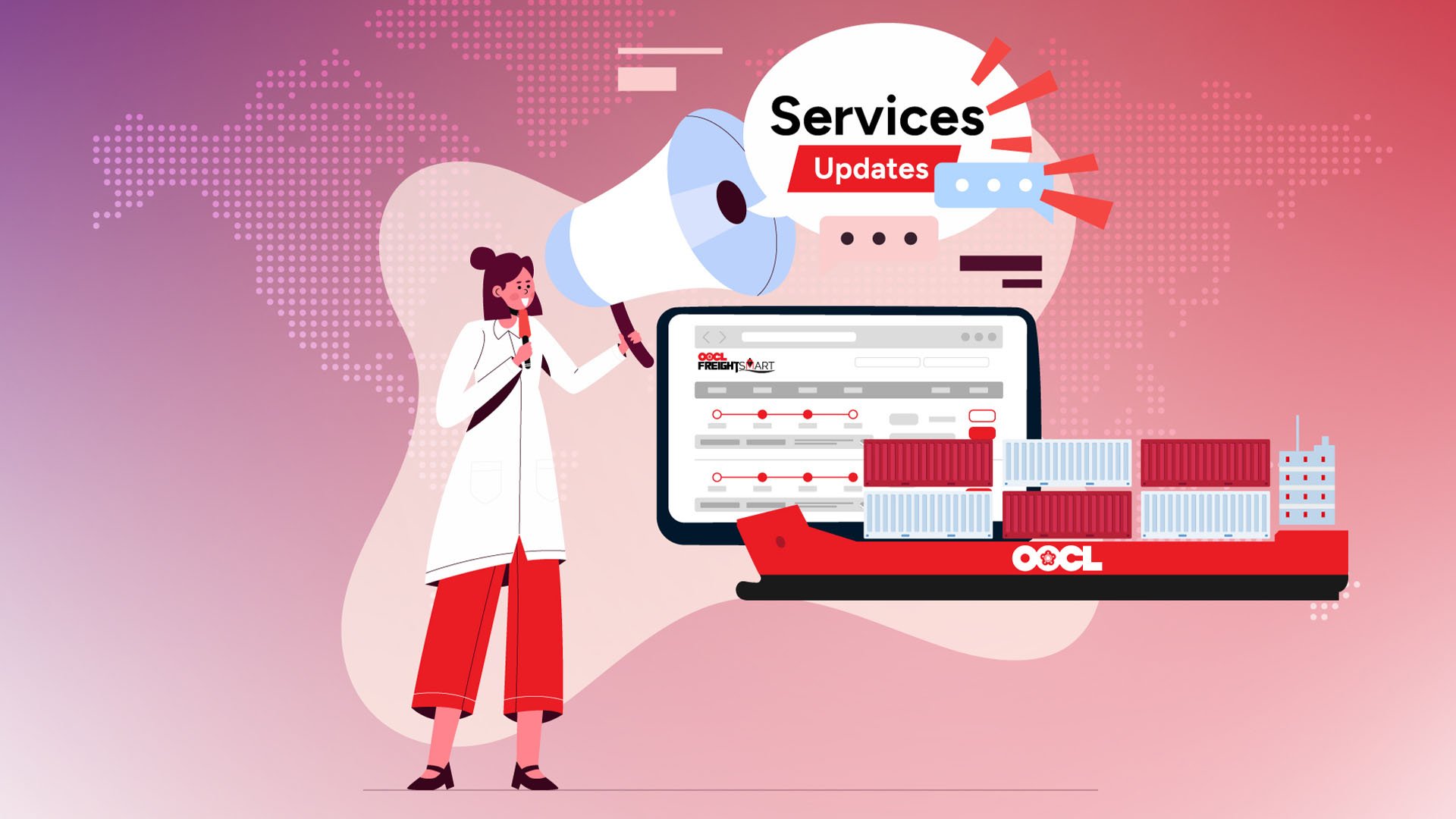Navigating China's Import and Export Regulations: A Starting Point
As the world’s second largest economy, China is immensely attractive to those seeking business opportunities. As the leading manufacturing center worldwide, its initial growth was mainly derived from low-cost labor and OEM manufacturing. However, increasing technological sophistication means that many Chinese brands now successfully compete on the world stage and find ready markets overseas. Consequently, China has become the world’s largest exporter. Additionally, the country’s massive population, accounting for one-fifth of the world’s total, its increasingly prosperous middle class, and the raw material demands of its enormous manufacturing base have propelled it to second place among global importers.
However, while the Chinese government encourages trade growth, potential exporters and importers should be aware that the country’s huge economy is highly regulated, making importing and exporting in China a complex and time-consuming activity. In this article, we will outline the key rules, regulations and procedures surrounding the import and export of goods in China. Understanding the regulatory environment is essential to ensure smooth and successful trading.
Restricted and Prohibited Imports & Exports
Certain items are restricted or prohibited from being imported or exported, including:
-
Firearms, ammunition, and explosives
-
Radioactive materials
-
Drugs, both legal and illegal
-
Endangered animals and plants
-
Cultural relics
-
Materials considered harmful to China’s culture or security
-
Counterfeit goods
-
Alcohol and tobacco
It is important to note that there are also restrictions on the export of specific commodities from China, such as rare earth metals and other strategic resources. Additionally, certain items require special permits or licenses to be imported or exported, such as pharmaceuticals, chemicals, and defined types of machinery. Foodstuffs are also subject to various regulations and inspections to ensure public health and safety.
In response to evolving government strategies and policy changes, the list of prohibited items is subject to amendment at short notice, and exporters and importers need to be agile in adjusting to these changes. For example, in 2018, China banned the import of plastic waste in an effort to clean up its environment, leaving exporters of such waste scrambling to find other countries willing and able to process the previously shipped 600,000 metric tons per year to China for recycling.
Customs Procedures & Other Requirements
In addition to the above restrictions, various regulations apply to imports into China, with some products, particularly foods, are subject to strict packaging and labelling requirements.
In order to import or export goods in China, it is necessary to go through the customs clearance process which involves several steps:
-
Declaration: The importer or exporter must submit a declaration to the customs authority, providing information about the goods being imported or exported. Every importer in China must have a Customs Registration Code, which may be a trading company and not necessarily the ultimate consignee of the goods.
-
Inspection: The goods may be subject to inspection and certification by the customs authority, either upon arrival or before shipment.
-
Duty Payment: Importers may be required to pay customs duties, which can vary depending on the type of goods being imported.
-
Release: Once the customs clearance process is complete, the goods can be released and shipped to their final destination.
There are also several documents required to import or export goods in China. Many of these, such as the Commercial Invoice, Packing List, and Customs Declaration Form, follow standard international practice. A Certificate of Origin may be required for some shipments. Other documents have some local variation such as the unique seal number required on the Bill of Lading, or are specific to the Chinese market. A China Inspection and Quarantine Certificate is required to certify that imports comply with health, safety and other national requirements. Products without this may be held up or destroyed by the authorities; however, it is often possible to apply for a CIQ declaration in advance to avoid this risk.
Taxes in China
Importers and exporters in China may be subject to several taxes, including:
-
Value-added tax (VAT): The VAT rate in China is currently 13%, although some merchandise may be subject to lower rates or exemptions.
-
Consumption tax: This tax is levied on certain luxury goods, such as tobacco, alcohol, and high-end consumer goods.
-
Customs duties: These are calculated based on the value of the goods being imported, as well as their country of origin. Special tariffs may be applicable to some goods in addition to regular duties.
Sources of Support
Given the complexity of doing business in China, many companies find it helpful to seek external assistance. Potential sources of helpful advice may include trade associations, government trade promotion offices, Chambers of Commerce, banks, and professional customs brokers.
Users of the FreightSmart platform will find its E-Customs Solution, backed up by OOCL’s extensive experience in shipping to China, a valuable aid in navigating the complexities of the customs clearance process in China. This custom house brokerage service offers instant online quotations (including surcharges) for both import and export clearance for a growing list of major countries, including leading ports in China. With transparent pricing, simple ordering procedures, high visibility of clearance status, and support from OOCL’s customer service team, E-Customs Solution streamlines the process of dealing with China’s customs authorities.








